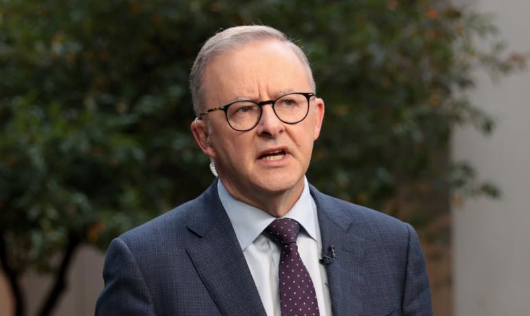
THE public don’t have much regard for journalists and many people will be critical of the “gotcha” questioning that found Anthony Albanese on Thursday unable to recite the six points of his policy on the National Disability Insurance Scheme.
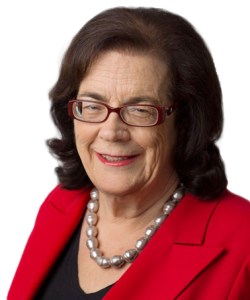
Pursuing “gotchas” is as easy as shooting fish in a barrel. We’ve seen plenty of it recently. A while ago, Scott Morrison didn’t know the price of petrol or bread. Because a leader can’t rattle off a list doesn’t necessarily mean they don’t know a policy, and usually there are deeper questions the public would like explored.
Having said that, the NDIS moment was unfortunate for Albanese. And he wasn’t convincing when later on the ABC he denied he’d been caught out, although he’d win sympathy for his contention that “one of the things that puts people off politics, I think, is the sort of gotcha game-playing”.
The incident brought back memories of his stumble at the start of the campaign – when he couldn’t recall the unemployment and cash rates – and it played into the impression he isn’t good on detail. Before the news conference, he had been grilled on TV about whether he was really across his brief.
Albanese is not a strong campaigner, and it doesn’t help that he’s just come out of covid and had to get through a campaign launch while still feeling its aftermath. He’s relying on having his frontbench colleagues beside him, which is not a bad thing in itself because most of the team are good performers but does risk diminishing him. He is also keeping to a relatively light schedule.
Recognising his own weak points, and the media’s penchant for “gotchas”, he needed to be better prepared. On Thursday he finally rustled up his material on the NDIS from an adviser but the confusion made for bad pictures.
The danger of being trapped by these questions is they not only get immediate headlines but become part of a wider, self-reinforcing negative story. And “gotchas” deflect attention from the big substantive issues, which in this fourth campaign week have been cost of living and rising interest rates.
A just-released poll from the Australian National University’s Centre for Social Research and Methods, titled Views on policy and politics on the eve of the 2022 Federal Election, underlines how central the cost of living has become for voters.
Some 3587 people were asked, between April 11 and 26, how much of a priority each of 22 policy areas should be for the next government. Nearly two thirds (64.7 per cent) gave as a top priority reducing the cost of living. Among Coalition voters, 60.8 per cent said this was a top priority: among Labor voters, it was 68.8 per cent.
The only other area rating more than 60 per cent as a top priority was “fixing the aged care system”(60.1 per cent).
Four other areas polled more than 50 per cent as a top priority. These were: “strengthening the nation’s economy” (54.4 per cent), “reducing health care costs (53.5 per cent), “dealing with global climate change” (52.8 per cent), and “improving the education system” (53.1 per cent).
Just 27.2 per cent said fixing the budget was a top priority.
The two issues at the bottom of the list of top priorities were “dealing with the issue of immigration” (22.3 per cent) and “addressing issues around race in this country” (24.8 per cent).
It is notable that only 36.6 per cent of Australians say dealing with the pandemic should be a top priority for the next government.
Covid is hardly getting a mention in this election campaign. This is despite a continuing high death rate, which only a few months ago would have been dominating headlines and news conferences. Covid-related deaths are now running at about 40 a day nationally, and it is currently the second leading cause of death in Australia, just a little behind heart disease, and ahead of dementia/Alzheimer’s disease.
The covid years have been a balancing act between health and the economy – the scales, in the minds of politicians and members of the public, are now heavily weighted to the latter.
In campaigns, it is worth thinking about not just what issues are being talked about, but also what is being forgotten or pushed aside.
In this election, the Liberals are fighting on two fronts – against Labor and against the “teal” candidates. Thus on Wednesday treasurer Josh Frydenberg debated his Labor shadow Jim Chalmers at the National Press Club and on Thursday, he was up against his “teal” challenger Monique Ryan in a Sky debate in his Melbourne seat of Kooyong.
It’s a fair bet Frydenberg anticipated his face-off with Chalmers was the more predictable and manageable contest – it was a battle on known ground in which each combatant fought competently.
When Frydenberg met Ryan, he was on more unfamiliar, even treacherous political terrain, despite his opponent being at a considerable disadvantage, in terms of experience and her narrow agenda.
Frydenberg had his arguments marshalled, but prickled when Ryan described him as “the treasurer for NSW” during the pandemic. He was careful to stress his concern for his Kooyong community, and subtly made it clear he was no Scott Morrison (for example when talking about an integrity commission).
With “Keep Josh” signs through his electorate, Frydenberg warned: “People need to know that if they want to keep me as the local member, but they may have an issue with something that the Liberal party has said or done and they want to give us a kick for that, at the end of the day you know that may not leave me as being the local member”.
Ryan stressed the teal issues of climate and integrity, and cast her opponent as “a hostage both to Barnaby Joyce but also his own political ambitions”.
She declared that “For Mr Frydenberg, politics is about power. For me, it’s about people.”
“Politics for me is about people, thank you Monique,” Frydenberg said sharply. “It’s about small business […] It’s about my local community.”
The content of this debate was less remarkable than the fact it happened at all. That the treasurer was going head to head in a major debate with an independent candidate was testament to how concerned Frydenberg has been about this seat that once was seen as the deepest blue.![]()
Michelle Grattan, Professorial Fellow, University of Canberra. This article is republished from The Conversation.
Who can be trusted?
In a world of spin and confusion, there’s never been a more important time to support independent journalism in Canberra.
If you trust our work online and want to enforce the power of independent voices, I invite you to make a small contribution.
Every dollar of support is invested back into our journalism to help keep citynews.com.au strong and free.
Thank you,
Ian Meikle, editor
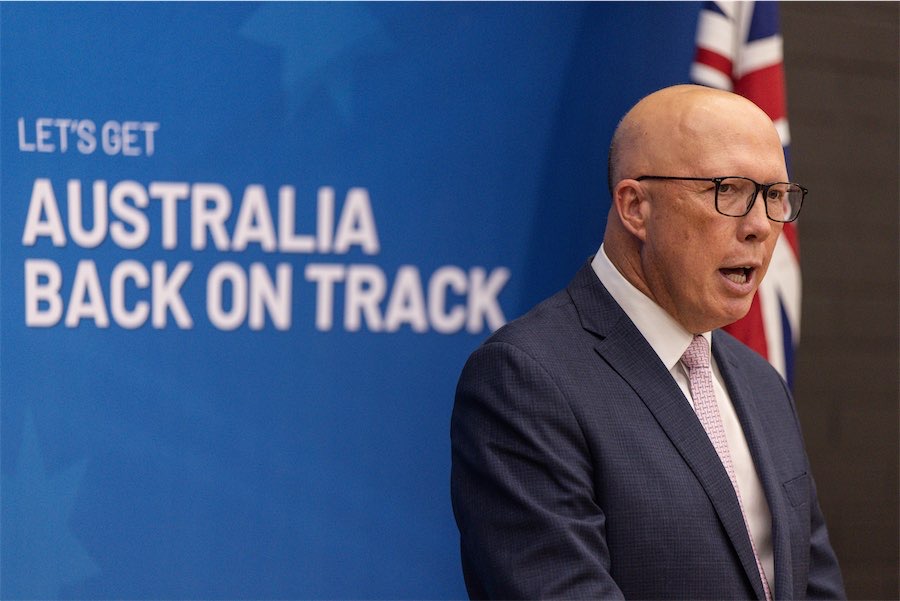
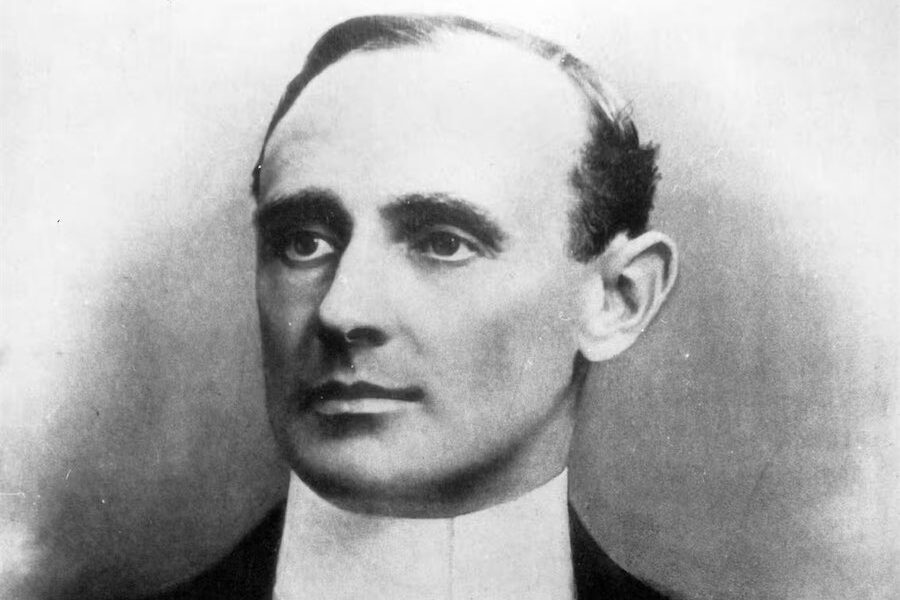
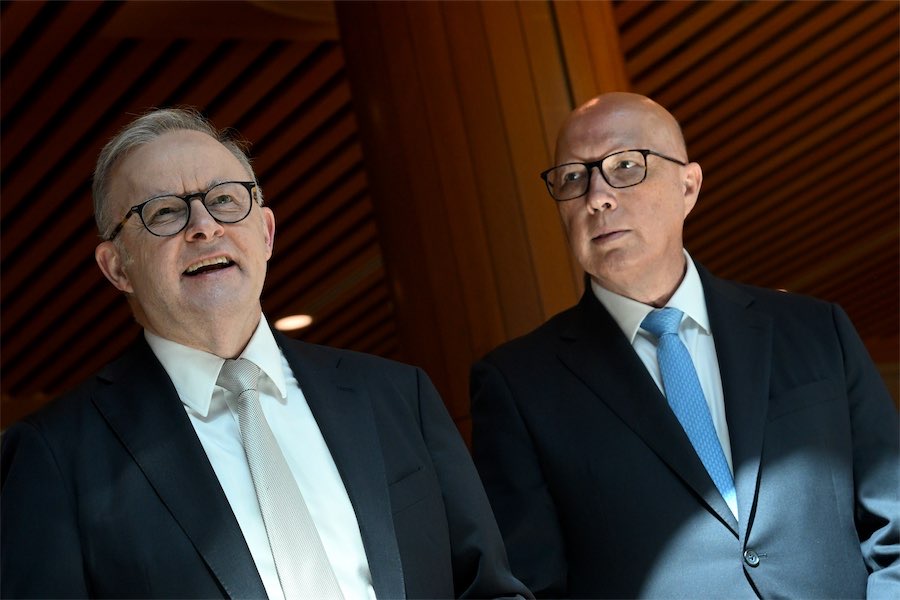

Leave a Reply